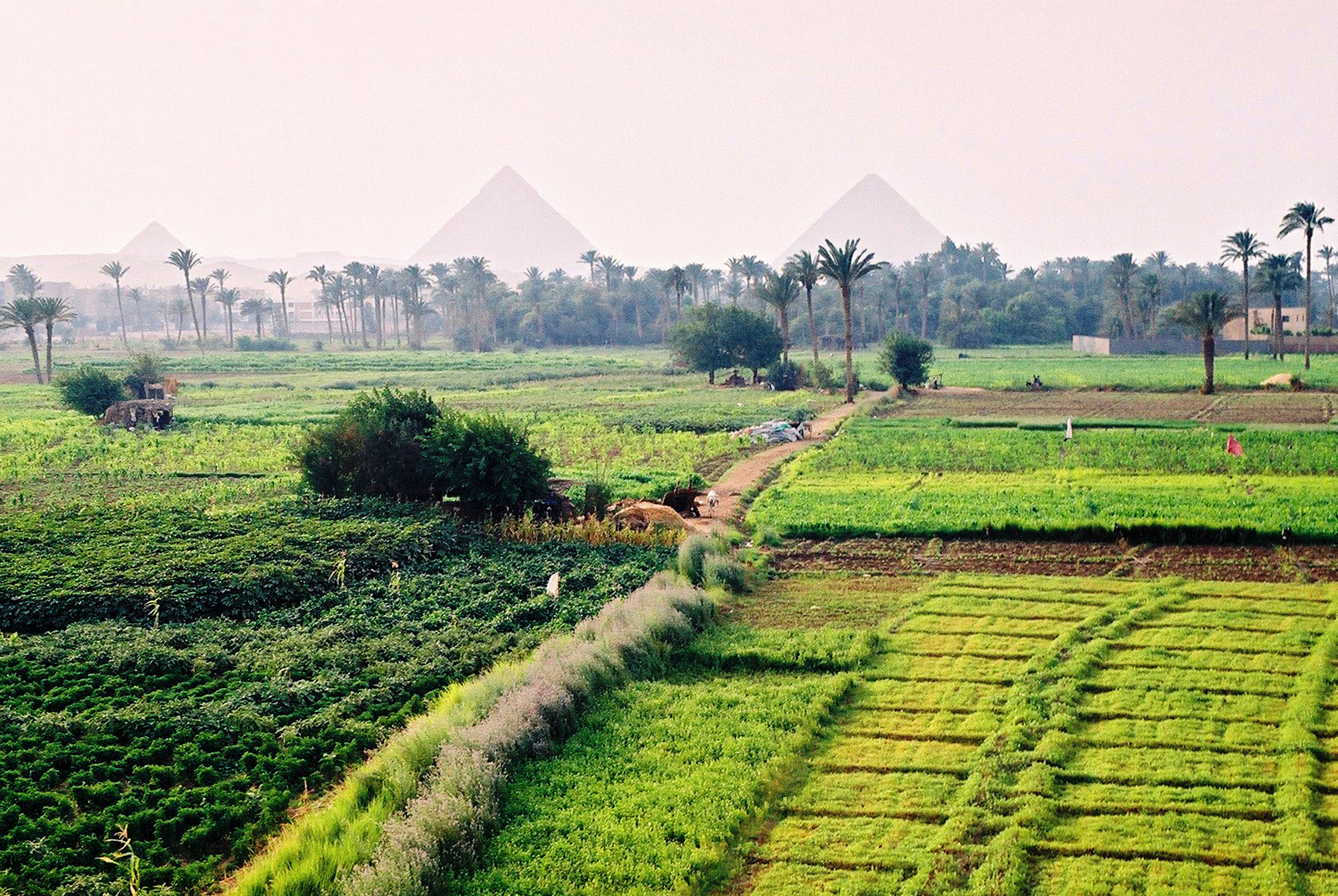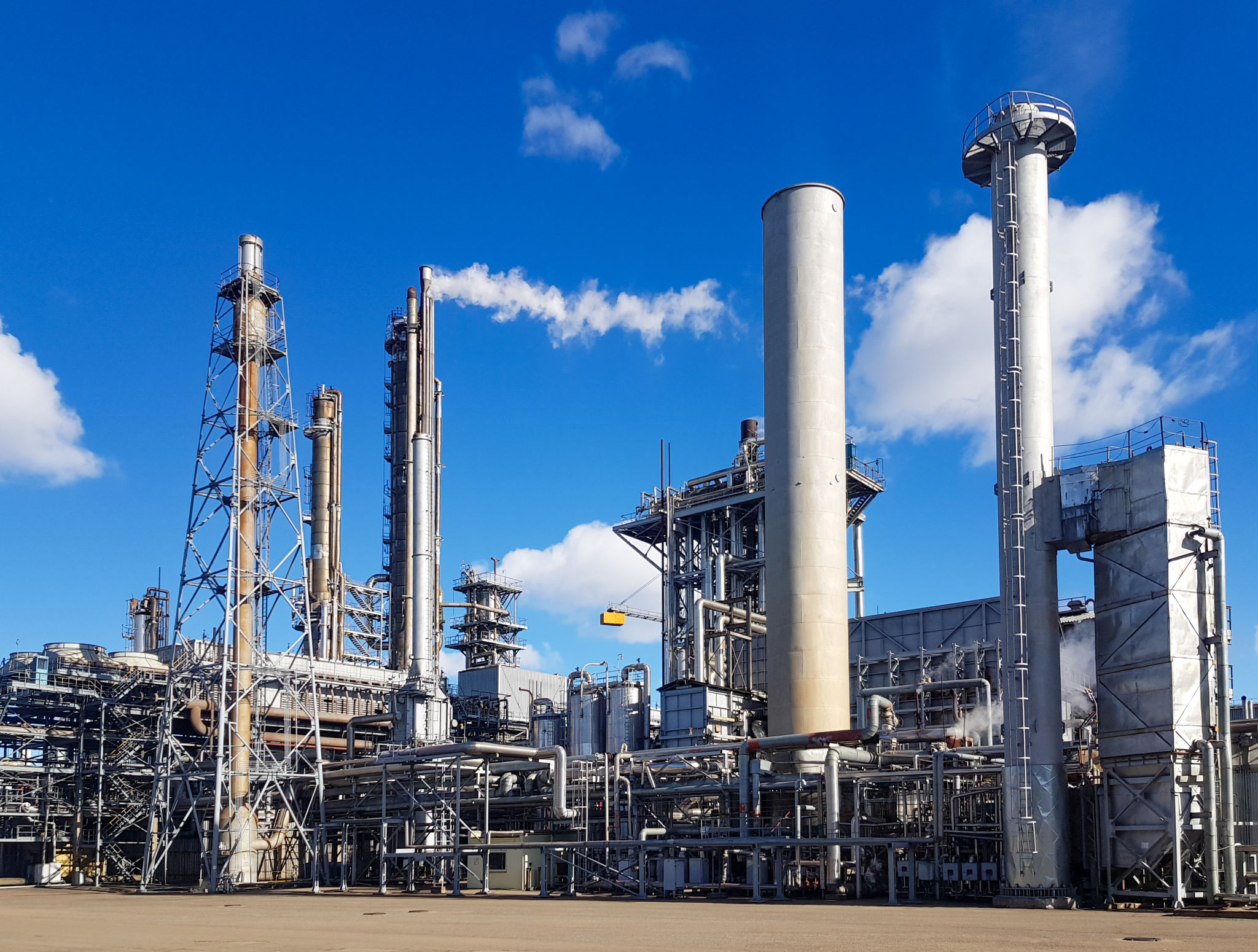Egyptian Fertilizers: A Competitive Edge in Global Exports
Introduction to Egyptian Fertilizers
Egypt has long been renowned for its rich, fertile lands and a thriving agricultural sector. With the increasing global demand for fertilizers, Egypt has strategically positioned itself as a key player in the international market. The country's unique geographical advantages, coupled with its commitment to innovation, have provided Egyptian fertilizers with a distinct competitive edge in global exports.

Geographical and Environmental Advantages
One of Egypt's most significant strengths lies in its geographical location. Nestled between Africa and the Middle East, Egypt has convenient access to both European and Asian markets. This strategic position allows for efficient distribution and lower shipping costs, making Egyptian fertilizers more attractive to international buyers.
Moreover, the Nile River provides a steady supply of fresh water and fertile soil, which are crucial for producing high-quality fertilizers. The natural resources available in Egypt not only support agricultural productivity but also ensure that the fertilizers manufactured are of superior quality.
Technological Advancements in Production
The Egyptian fertilizer industry has embraced technological advancements to enhance production efficiency and product quality. Modern manufacturing techniques and state-of-the-art facilities have enabled Egyptian companies to produce a wide range of fertilizers that meet international standards. These innovations are pivotal in maintaining the competitiveness of Egyptian fertilizers on the global stage.

Diversified Product Range
Egyptian fertilizer producers offer a diverse array of products, catering to various agricultural needs worldwide. From nitrogen-based fertilizers to phosphate and potassium-rich alternatives, Egyptian companies provide solutions that address different soil types and crop requirements. This diversity is a key factor in attracting a broad customer base across multiple continents.
Commitment to Sustainability
As the world moves towards sustainable agricultural practices, Egypt has prioritized environmental responsibility within its fertilizer industry. Many Egyptian manufacturers are investing in eco-friendly production methods and developing products that minimize environmental impact. This commitment not only boosts their reputation but also aligns with global trends towards more sustainable farming practices.

Government Support and Policies
The Egyptian government plays a crucial role in supporting the fertilizer industry's growth and international competitiveness. By implementing favorable policies, offering incentives for export activities, and investing in infrastructure improvements, the government is actively fostering an environment conducive to business expansion. These efforts have significantly contributed to the industry's success in the global market.
Challenges and Future Prospects
Despite its many advantages, the Egyptian fertilizer industry faces challenges that need to be addressed to maintain its competitive edge. Issues such as fluctuating raw material prices, regulatory hurdles, and competition from other countries require strategic planning and innovation. However, with continuous investment in research and development, the industry is well-positioned to overcome these challenges.
Looking ahead, the future of Egyptian fertilizers in global exports appears promising. With ongoing advancements in technology and a steadfast commitment to sustainability, Egypt is poised to strengthen its position as a leading exporter of high-quality fertilizers.

Conclusion
In summary, Egyptian fertilizers have carved out a competitive niche in global exports through a combination of geographical advantages, technological innovation, product diversity, sustainability initiatives, and government support. As the industry continues to evolve and adapt, Egypt remains a formidable force in meeting the world's growing agricultural needs.
